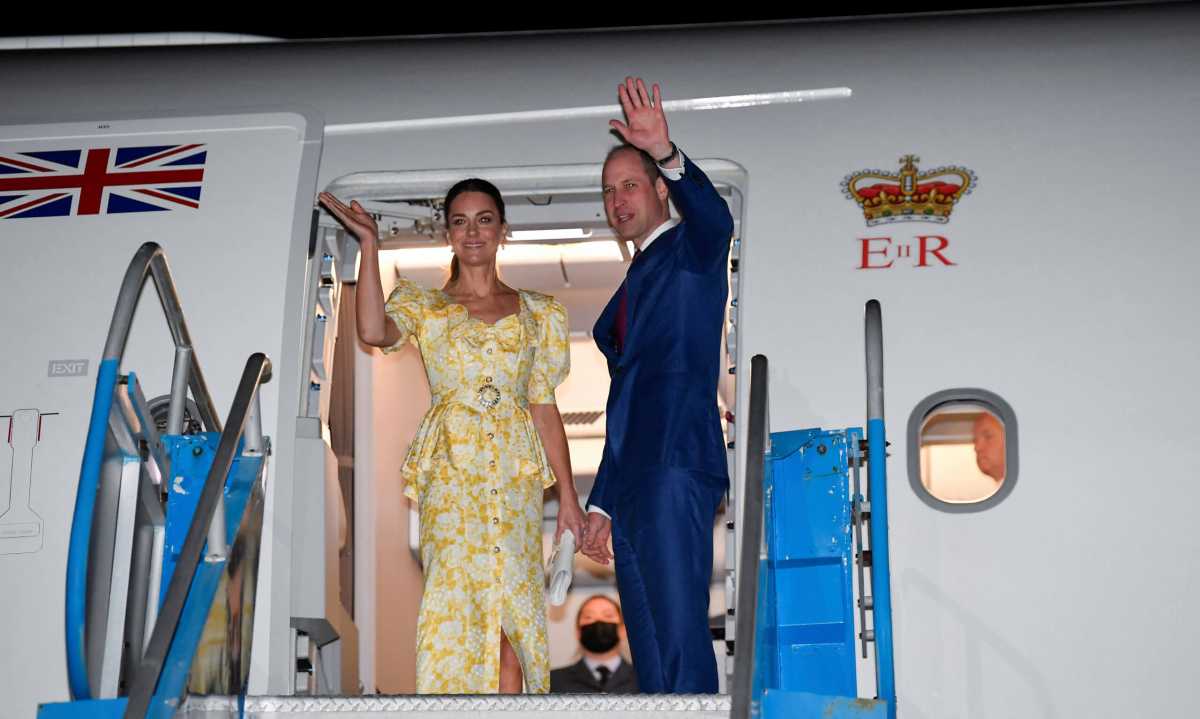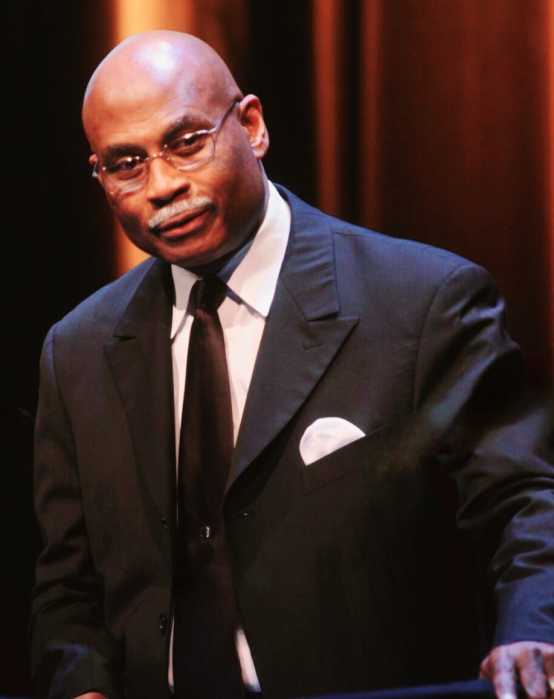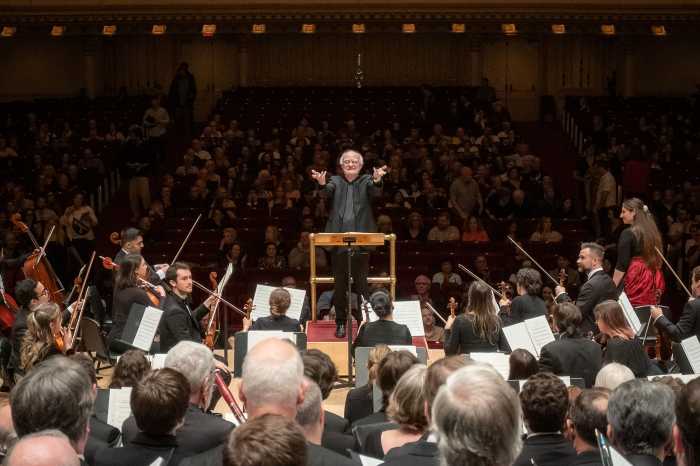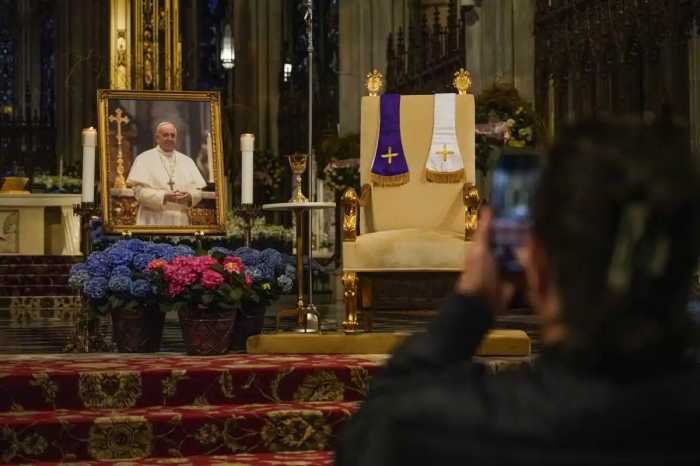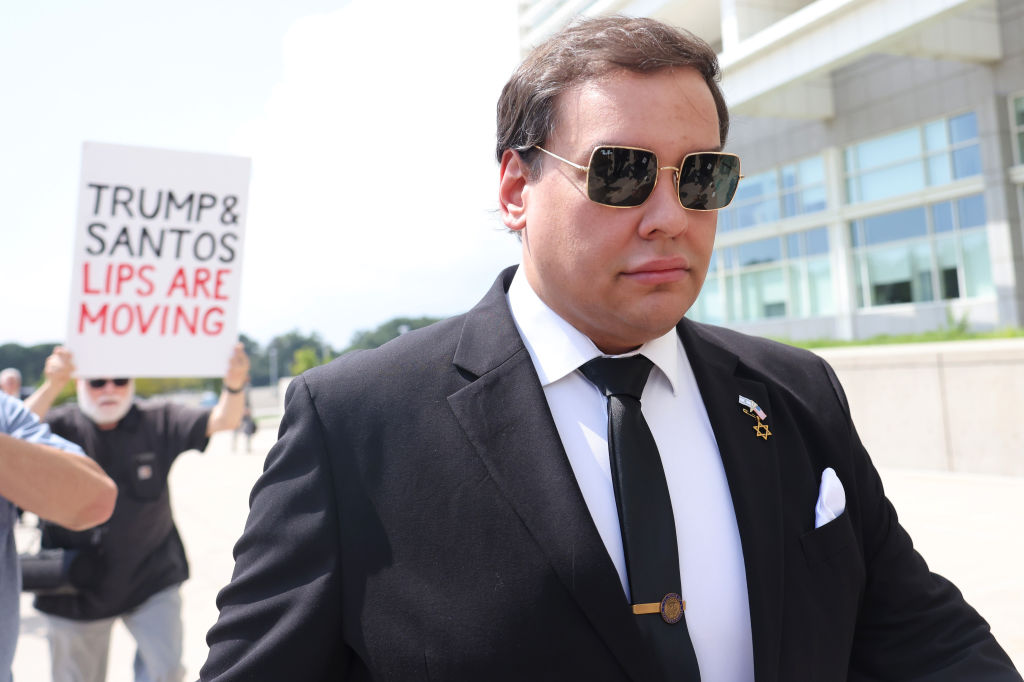The 2022 tour to the Caribbean by Britain’s Prince William and Catherine, Duchess of Cambridge will likely be one that they may never forget as their mere presence in the bloc has not only reignited chatter about dumping the queen and member nations switching to republics but it has also breathed new life into the seemingly moribund regional reparations movement.
Just over two days after the delegation left The Bahamas for home on the final leg of a three-nation tour that had also included Belize and Jamaica, Trinidadian Prime Minister Keith Rowley this week jumped face first into the reparations fight by demanding Britain and its European allies be prepared to compensate the region and its occupants for the horrors of the transatlantic slave trade.
At all three stops during the eight-day tour that was billed as a British so-called “charm offensive,” William and his delegation had been frankly reminded about Britain’s role in the trade, its effects on relative underdevelopment in the region and the role in played in developing the economies of Europe on the backs of free African labor. Following the royal tour and its media reportage, Rowley yielded to temptation and jumped into the issue with gusto. International media reports now seem to indicate the attitude of the region to a royal visit this time could well be termed as a mistake and a review of events and activities is likely in London as plans appear to have backfired.
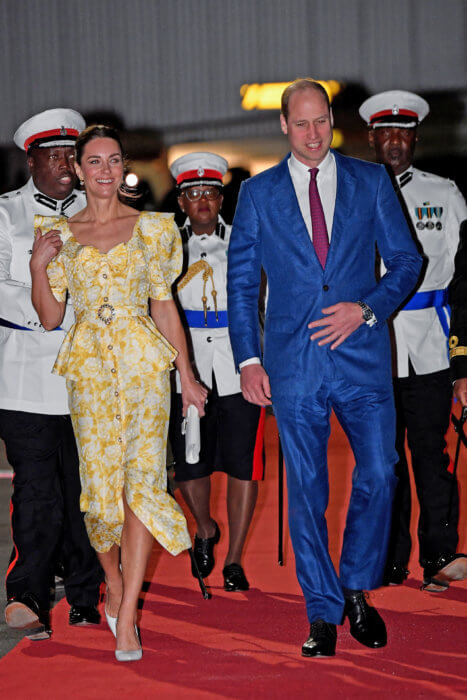
“Recently I was very pleased to hear Prince William say that he acknowledged that slavery was wrong, and that the British government, the British people, have some responsibility,” Rowley told a local religious faith group. “But I believe you more if you do what you must now do, which is the offer of reparation to the people who were wronged,” he said. “And if you repent, then salvation could be yours.
Vincentian Prime Minister Ralph Gonsalves had also planned to jump into fray with an address to the Organization of American States OAS) late last week.
Demand for reparations apart, the royal tour exposed deepening and simmering resentment towards Britain and its colonial past. At an official ceremony in Jamaica, many were taken aback by the seemingly flippant and offhand manner in which Prime Minister Andrew Holness told the Prince and his wife that Jamaica, will during 60th independence celebrations in August, dump his grandmother — Queen Elizabeth II as head of state-and transition the island to a republic like Barbados, Guyana, Trinidad and Dominica. Jamaica will have its own native head of state like the others. Similar chatter has also emanated from The Bahamas, albeit in a more muted manner.
On Monday, Jamaica Opposition Leader, Mark Golding said the British Privy Council should also go as the final appeals court.
“We are moving on,” Holness told a slightly grinning Prince, noting that” Jamaica is, as you would see, a country that is very proud of our history, very proud of what we have achieved, and we’re moving on. We intend to attain, in short order, our development goals and fulfil our true ambitions as an independent, developed, prosperous country.”
On the first stop in Belize, PM John Brecino said his cabinet had set up a committee to review democratic institutions. “We have our own personal views. We believe that whilst there are certain things that we are grateful for the UK for what they did for us here in Belize in time things change and we move on. Probably it is time for us to take a closer look at governance, how we can deepen democracy.” Also in Belize, authorities were forced to cancel a visit to an indigenous village after organizers had signaled protest plans to the whistle stop.
For his part, William took to a twitter account he shares with Kate at the weekend to give an insight into his feelings about the visit, contending that the tour had “an opportunity to reflect ”on British links to CARICOM saying it also brought into” sharper focus questions about the past and the future. It is for the people to decide,” he said.


